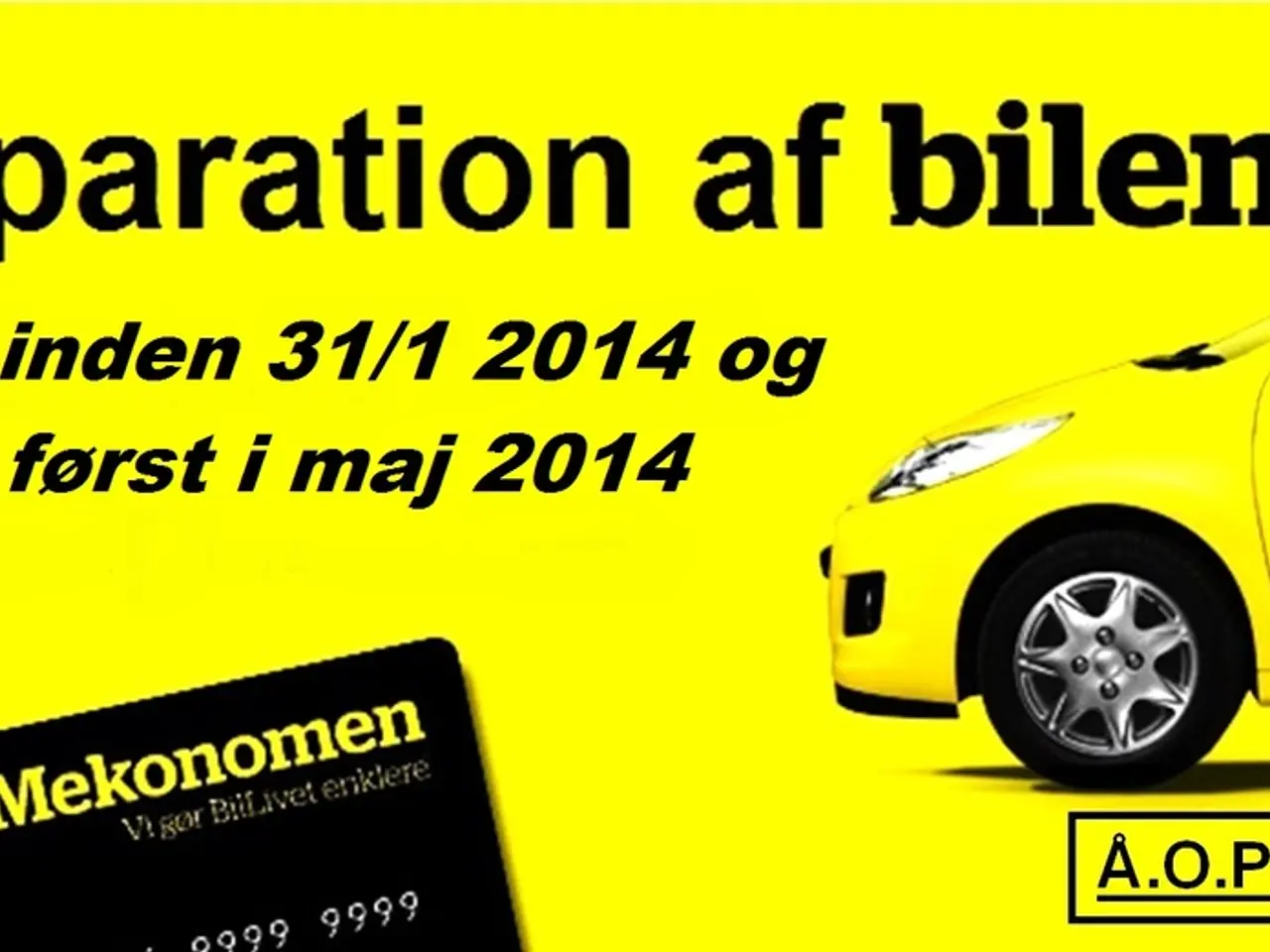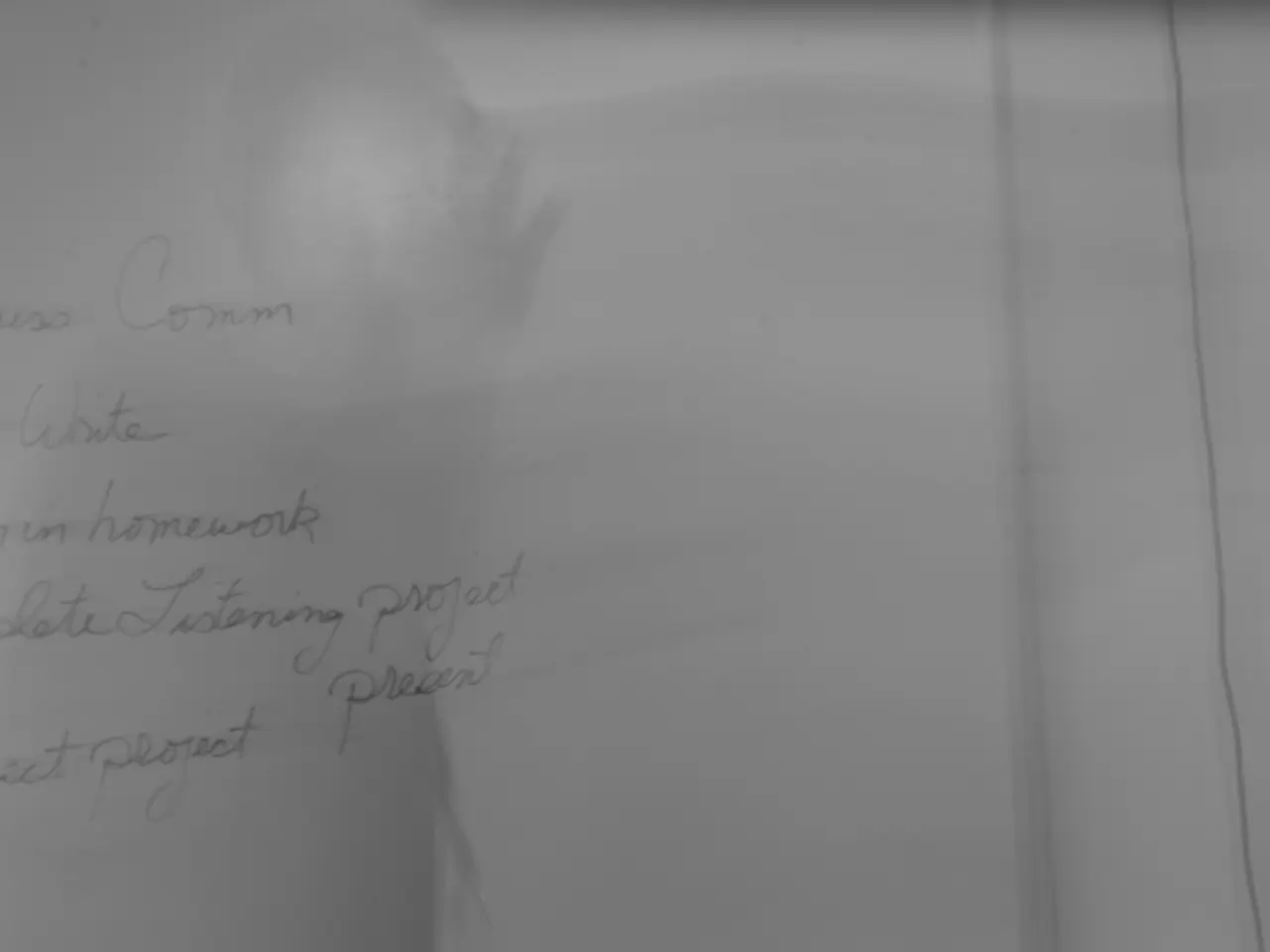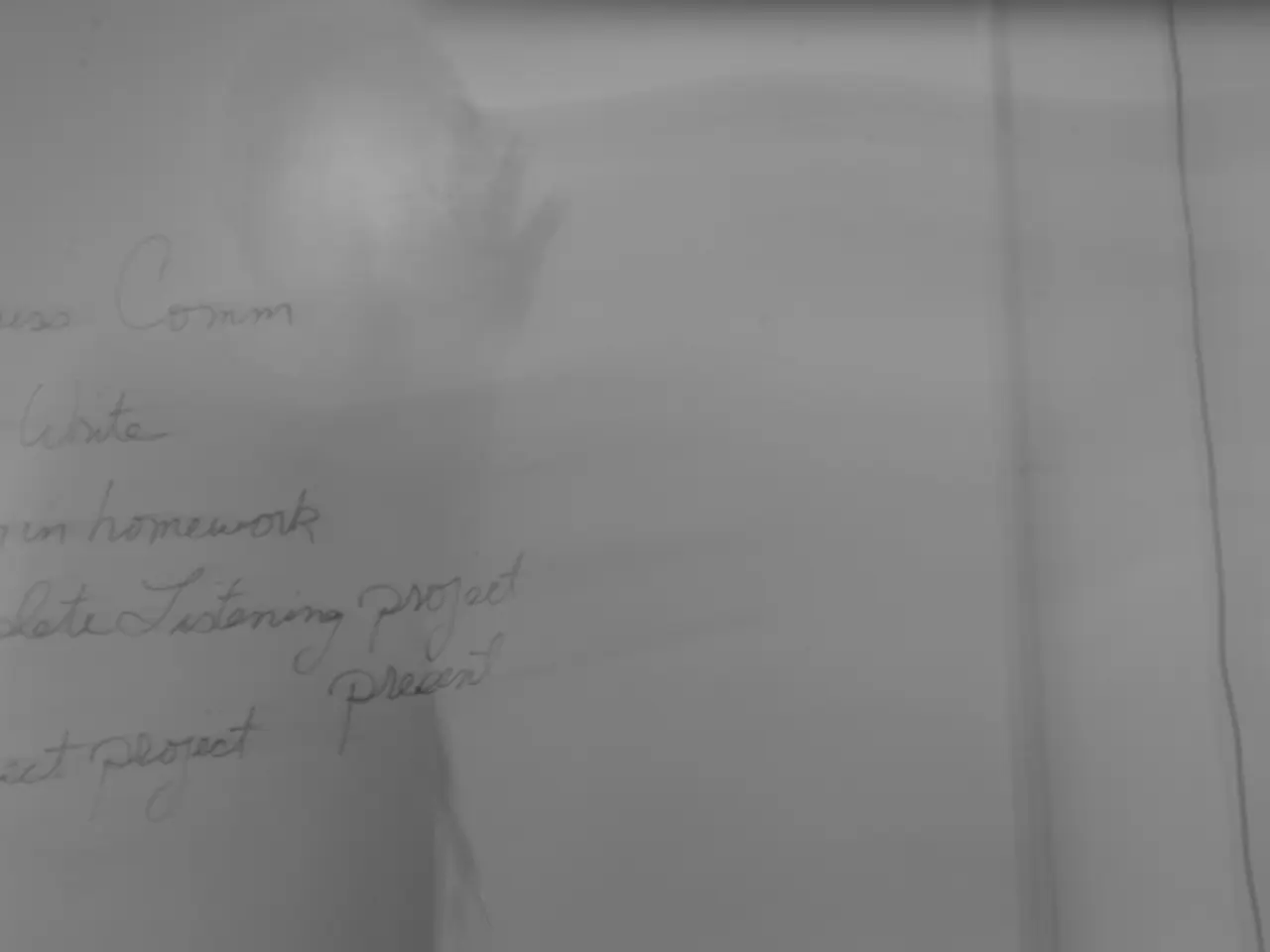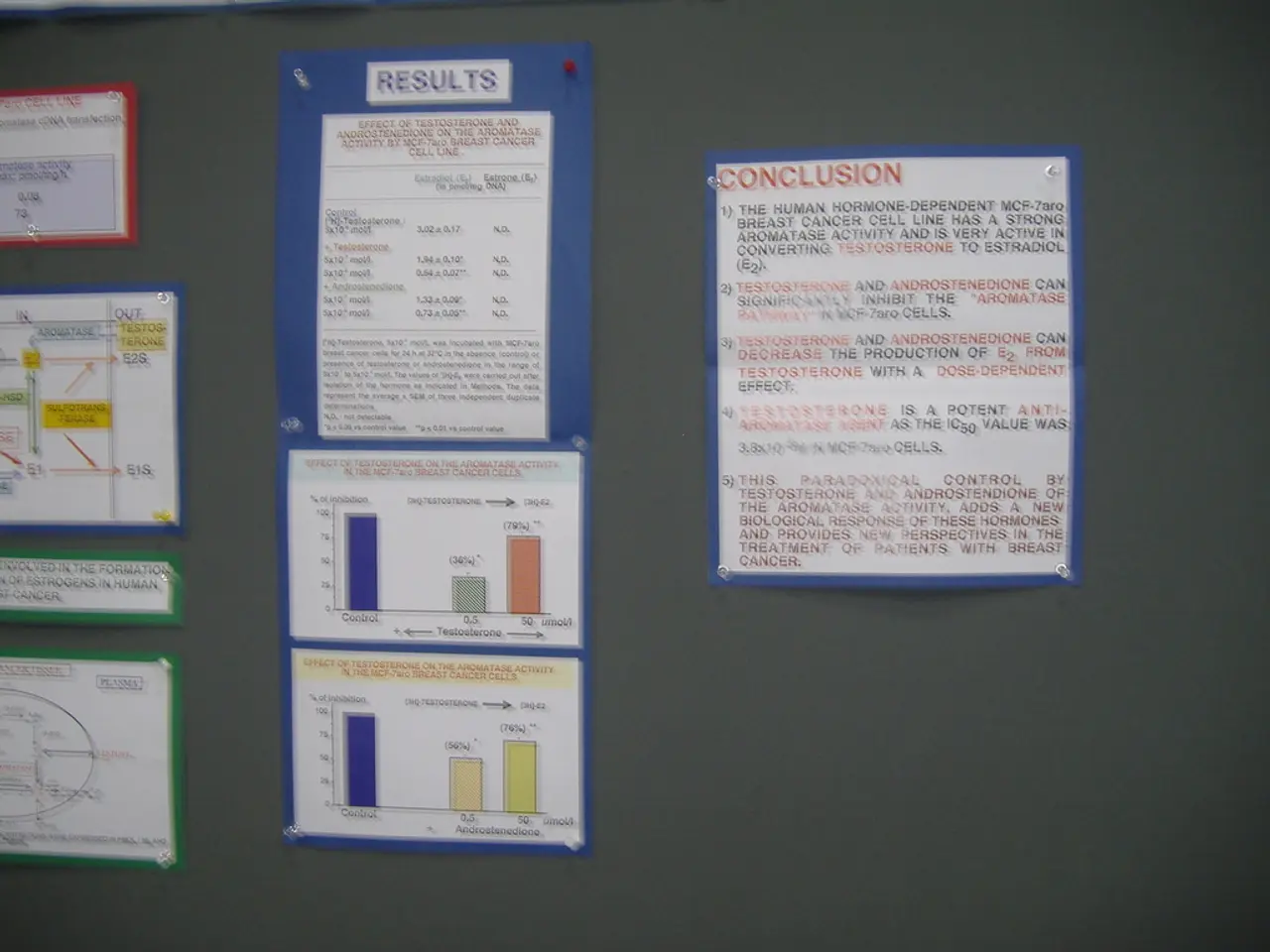Keeping Pockets Full: German Consumers Dampen Economic Recovery
- *
People hold back on spending funds - Hesitant shoppers wager their finances on their purchases
Germans are gripping their cash tighter, stalling the economic recovery through a decrease in spending. According to a recent consumer sentiment study by Nuremberg's GfK and NIM consumer research institutions, "A heightened desire to save is hindering the recovery of the consumer sentiment," returning a projected figure of -20.3 points for July [GfK & NIM Study].
Cautious Consumers
After three consecutive months of growth, the consumer sentiment has taken a dip, Rolf Bürkl, consumer expert at NIM, asserted. This heightened desire to save is overpowering the positive influences of improved earnings and optimistic economic forecasts. A strong saving mentality among consumers reflects their lingering uncertainty and lack of planning assurance.
Hopeful Future
Despite this, consumers remain optimistic about the resurrection of the German economy in the upcoming months. The economic indicator soared by seven points to 20.1 points, the highest value since the Russia-Ukraine conflict. In February 2022, it stood at 24.1 points [Institutes Report].
Consumers appear to anticipate the German economy to regain momentum in the second half of 2025, driven primarily by the massive government investments in infrastructure and defense approved in Berlin. This optimism is bolstered by the economic outlooks of top German economic research institutions.
The survey, funded by the Brussels EU Commission, questions 2,000 consumers monthly. The survey period for the latest study was May 30 to June 11.
- Consumer Sentiment
- Germany
- GfK
- Nuremberg
Further Insights
- Economic & Income Expectations: There is a positive trend in consumer sentiment, as consumers become more optimistic about their financial future [1].
- Inflation Concerns: Economic pessimism among German consumers is on the rise due to fears of inflation, high energy costs, and tariffs [2].
- Consumer Sentiment Growth: While consumer sentiment is improving, it still trails behind last year's levels, as economic uncertainties persist and slow a substantial recovery in spending [5].
Effects on Economic Recovery
- Spending: Despite some optimism about income, consumers are hesitant to ramp up their spending due to broader economic uncertainties, hindering the recovery of private consumption [5].
- Savings: There is a growing inclination to save, which could impede further economic recovery by decreasing consumer spending [1][5].
- Economic Split: The German economy is experiencing a divide between business optimism and consumer caution, resulting in a diminished overall economic growth due to household spending cautiousness [4].
In conclusion, while consumer sentiment in Germany shows promise, lingering economic uncertainties and inflation fears are fueling cautious consumer behavior, continuing to dampen the pace of economic recovery.
- To boost the economic recovery, German authorities might consider implementing a community policy that targets vocational training programs to foster entrepreneurship and business development, helping consumers feeling more financially secure and lessening the need to save excessively.
- With a focus on business growth and job creation, Germany could explore offering incentives to industries that provide vocational training, thereby stimulating further investments in the economy and encouraging consumers to spend more, thus strengthening the overall economic resilience.






